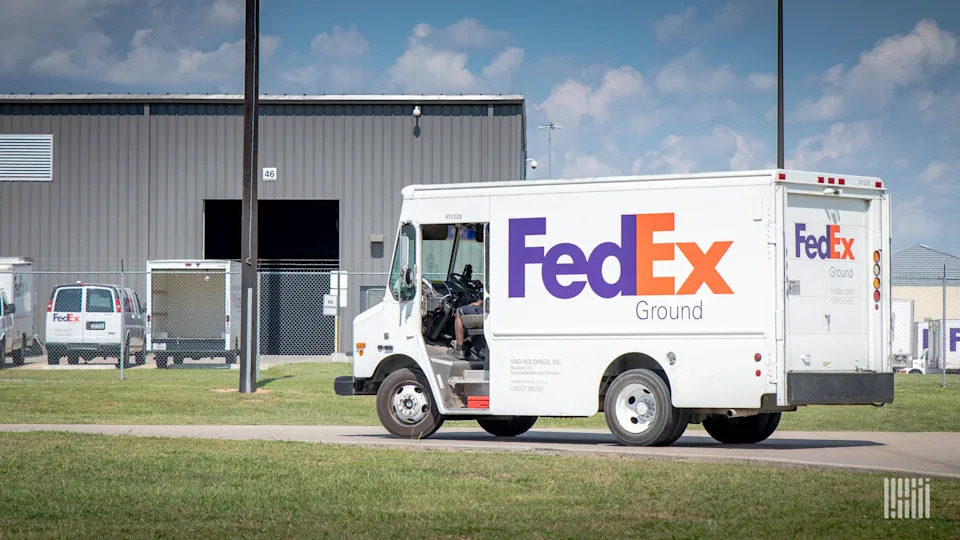Amazon News: FedEx Partnership Signals Major Shift in Delivery Strategy
In the fast-paced world of ecommerce, staying updated with the latest Amazon news is essential for industry watchers and consumers alike. Major changes are underway as Amazon forms a new partnership with FedEx, a decision that is already reshaping the U.S. delivery landscape. Here's what you need to know about these developments and why they matter.

Amazon Rejoins Forces with FedEx for Last-Mile Delivery
After a six-year gap, Amazon and FedEx have decided to work together once again. Amazon's latest move will see FedEx handling domestic ground delivery for bulky packages. This new agreement extends across the United States and marks a significant shift in Amazon's logistics operations. Rather than solely relying on its extensive internal network, Amazon is outsourcing select large residential deliveries. This transition is expected to improve efficiency for orders that are harder to handle or heavier than the typical parcel (Yahoo Finance).
FedEx executives have expressed optimism about the deal. According to FedEx, supporting Amazon’s Extra Large delivery network (also known as AMXL) allows them to showcase their ability to move oversize items to every U.S. ZIP code. The multiyear agreement follows United Parcel Service's decision to scale back its business with Amazon, leading to a massive reshuffling within the shipping sector.
Why This Amazon News Matters
Amazon's collaboration with FedEx isn't just about filling the gap left by UPS. It's a strategic move to balance volume across multiple logistics partners, including UPS, the U.S. Postal Service, and its own fleet of vehicles. More than two-thirds of Amazon shipments still arrive via Amazon’s own drivers and warehouses. However, teaming up with FedEx for big and bulky items offers flexibility and scalability when demand surges.
While most details remain confidential, insiders confirm that the deal signals a financial win for both companies. As highlighted by Business Insider, this Amazon news comes as UPS seeks to eliminate 20,000 jobs in the wake of separating from its largest customer. FedEx, on the other hand, is set to benefit from the higher yields and robust pricing that large-package logistics offer.
The Broader Impact on Logistics and Ecommerce
This new partnership will likely influence how other retailers manage their supply chains. Amazon’s history of building its own logistics network has forced traditional carriers like FedEx and UPS to adapt quickly. Now, the renewed ties between Amazon and FedEx may change how competitors approach partnerships and transportation for non-standard package deliveries. For more insight, visit the coverage on wsj.com.
Conclusion: A New Era for Amazon's Delivery Network
As this Amazon news unfolds, industry experts will be watching closely to see how the FedEx partnership transforms large-item shipping. With ecommerce demand at all-time highs and delivery networks evolving, efficient logistics have never been more important. Whether you're a consumer waiting for your next sofa or an industry analyst, it's clear that Amazon is once again rewriting the rules of home delivery.